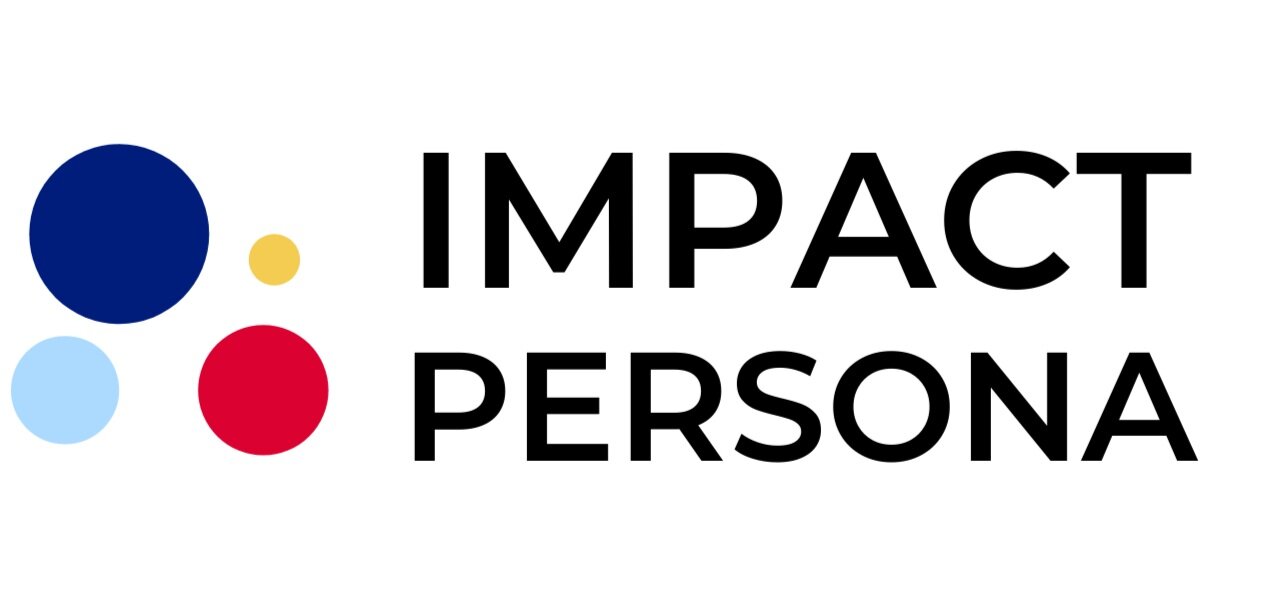Is DISC Just a Personality Test? Here’s What Most People Don’t Know!
The Boxing Misconception
If you’ve ever heard of DISC, what is the first thing that comes to mind? I’ve heard the term “It’s just a personality test used over and over again.” or “Oh, it’s a less popular tool compared to Myers Briggs (MBTI).”
When most people hear "DISC," they picture a personality test that places people neatly into little boxes, labelling them as just one of four types and leaving it at that :
D = Dominance
I = Influence
S = Steadiness
C = Conscientiousness
It’s no wonder many feel wary, thinking, “Great, now I’ve been put into this type.”
But here’s the thing: DISC isn’t about confinement. It’s about clarity.
DISC profiling is actually designed to bring awareness to behavioural preferences, helping people understand each other better. So, instead of being “boxed in,” DISC is more like getting a personalised toolkit - one that reveals the unique ways we communicate, make decisions, and solve problems. This is especially useful in a professional setting to get a better insight into someone’s preferred communication style, preferred working styles, and other integral aspects that, when used properly and with mindfulness, can be an addition to better understand someone rather than box someone into one singular category.
Beyond the Behavioural Snapshot
Another big misconception? People assume DISC is simply a tool for categorising behavioural tendencies, with no flexibility. They think it just confirms how people act most naturally, overlooking the adaptability factor. In reality, DISC acknowledges that behaviour isn’t fixed.
We human beings are dynamic, capable of adjusting how we engage with the world based on our context, relationships, and goals.
For example, a C-style who values accuracy, for instance, might dial up the charm at a social gathering, just as an I-style might focus more intently in a high-stakes meeting. DISC reflects this adaptability, and the tool itself grows in depth as we develop the skills to navigate different scenarios.
It’s Not a One-Time Deal
Another common myth? That DISC is a one-and-done assessment. People often think, “I’ve done DISC once, so that’s my type forever.” Not so! Unlike many personality tools that may feel carved in stone, DISC recognises that we evolve. Life throws challenges at us, workplaces change, and we’re constantly growing—and so can our DISC profiles.
Take my own DISC journey as an example: I started as a high S/I, preferring steady environments and nurturing relationships. Over time, as I took on new roles, I noticed my profile leaning more towards D traits, adapting to the need for decisive leadership and a faster pace. DISC reflects this evolution, helping us see how we adapt and which strengths emerge as we grow.
The DISC framework advocates for adaptive behaviours, which simply means that our behaviours will change according to our environment and circumstances. Therefore a person’s DISC profile can very likely change over time when their environment changes.
It’s Not Just for Work
Many view DISC as a workplace tool and stop there, but its applications extend far beyond office walls. Sure, DISC has tremendous value in team dynamics, recruitment, and leadership. Yet it’s equally useful in personal and social contexts.
For example, learning that my husband is a high C-style helped me understand his need for detail, especially when planning trips. By understanding our differences, we communicate better, respect each other’s needs, and can enjoy our time together with fewer misunderstandings. DISC has the power to enhance personal relationships by helping us see things from another’s perspective.
Is DISC Just a Personality Test?
So, is DISC just another personality test? Not quite. Think of it as a behavioural compass. DISC doesn’t just define who you are; it predicts how you might react in a situation and, more importantly, helps others communicate with you in ways you’ll truly hear and appreciate. When we understand a person’s DISC style, we can shape our words to be more impactful, resonating in ways that are tailored to that individual’s preferences and motivations. The result? Messages are clearer, trust is built faster, and interactions become much more effective.
Curious to know what’s inside Impact Persona’s DISC Profile Reports? Reach out for a free sample of a DISC report by searching Charissa Holland on LinkedIn, or email me at charissa@impactpersona.com.au and see firsthand how DISC can enhance your communication in both professional and personal settings!
